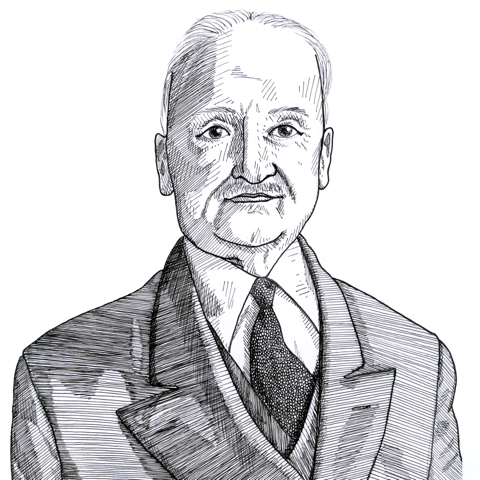
Mises on “interventionism” as a third way between the free market and socialism (1930)
In 1930 the Austrian economist Ludwig von Mises (1881-1973) warned about the temptation faced by many economists and politicians of seeking a “third way” between “capitalism” and “socialism”. Mises termed this third way “interventionism” and criticised it for being very unstable with the tendency to slip into more fully fledged socialism over time:
Socialism & Interventionism
Interventionism does not want to abolish private ownership of the means of production but only to restrict it. It declares, on the one hand, that unlimited private ownership of the means of production is harmful to society; but it maintains, on the other hand, that public ownership of the means of production—socialism—is, either in general or at least for the time being, impractical. Thus it wants to create some third way: a state of society that is midway between private ownership of the means of production, on the one hand, and collective ownership of the means of production, on the other hand. In this way the “excesses” and damages of capitalism are supposed to be prevented, while the advantages of free initiative and vitality, which socialism cannot provide, are preserved.